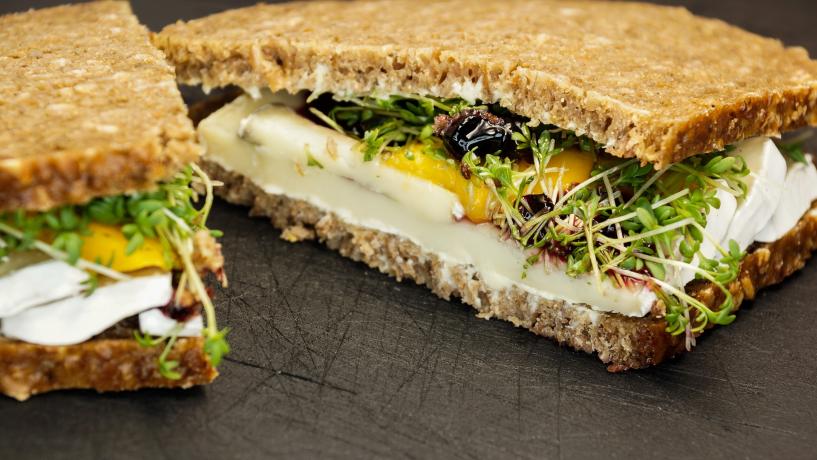
According to researchers, the 2018 outbreak of Salmonella havana (S. Havana) linked to sprouts was the first identified outbreak of the rare strain in Australia.
In June 2018, an increase in Salmonella havana was detected through routine surveillance by the Communicable Disease Control Branch (CDCB) of SA Health (South Australia).
From 2013 to 2017, only three to 14 cases were reported to CDCB per year and no previous outbreaks had been attributed to this strain of Salmonella.
Between June and July 2018, 31 cases of Salmonella havana were reported to the CDCB. Nineteen of these were female, 12 male, and symptoms lasted for between two and 23 days.
Of these, 13 were hospitalised. According to researchers, this suggests that there was either a high dose of the bacteria in the alfalfa sprouts, or the outbreak strain was particularly pathogenic, or contagious.
Identifying the source of the outbreak
Interviews with 17 people identified a local hotel as a common denominator, though no meals were shared between them.
Five people who did not eat at the hotel identified having alfalfa sprouts from a supermarket, bakery, fruit and vegetable stand or health food store.
Following an investigation by Environmental Health Officers (EHOs) in mid-June, it was discovered that the hotel used alfalfa sprouts as a garnish on all hot meals. The alfalfa sprouts were supplied by a local distributor who sourced them from producer SA Sprouts.
Samples taken from the hotel and from retailers who used SA Sprouts as their distributor tested positive for Salmonella havana, along with sprout product samples taken from the producer.
SA Sprouts was served an emergency order to stop distributing its products, which were only available in South Australia, and a recall of alfalfa products in the market was issued.
Authorities did not find a breakdown in SA Sprouts’ production processes, but several structural deficiencies and evidence of pests were identified.
Researchers said the investigation highlighted the importance of compliance with food safety legislation and standards to reduce the likelihood of contamination and food-borne illness.
Why are sprouts dangerous?
Sprouts are grown in warm and wet conditions, which are perfect for bacterial growth. Contaminated bean sprouts, alfalfa sprouts and other varieties have been linked to dozens of food poisoning outbreaks around the world, including one of the worst known outbreaks of E. coli infection.
Sprouts are also notoriously difficult to clean and are typically eaten raw, which means dangerous bacteria isn’t destroyed by the cooking process. This is why sprouts are considered a high-risk food.
High-risk foods must be handled properly to ensure food safety. To ensure safe food handling in your business, it’s important to train everyone who handles food on critical food safety concepts and best practices.
The Australian Institute of Food Safety (AIFS) delivers high-quality, nationally recognised food safety courses for every level of responsibility in a food business or related organisation.
Contact our support team for more information about online food safety training options near you.




